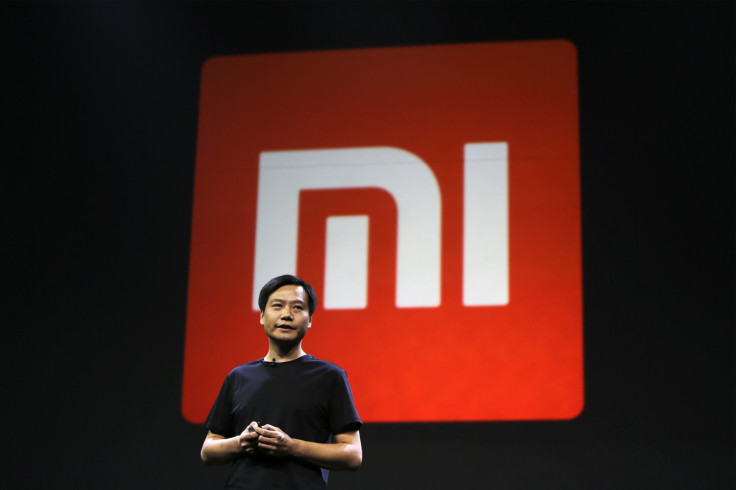Xiaomi Mi Note Pro Powered By Qualcomm Snapdragon 810 Chip Hit With Overheating Problems Similar To HTC One M9

Some owners of the recently released Xiaomi Mi Note Pro reportedly have complained about overheating problems. The handset is powered by Qualcomm’s Snapdragon 810 processor, which is widely known for such problems.
Gizmo China, citing a Chinese website, reported that Xiaomi started selling the Mi Note Pro in China on Wednesday. However, complaints about the handset quickly piled up, with “burned motherboards” reported in some cases. In the meantime, many users are said to have complained about burned-out screens that cannot recognize user inputs. Further, some owners have reported that the smartphone gets overheated while charging.
Xiaomi filed five thermal patents that were intended to fix the overheating problems in the Qualcomm chipset. But apparently that did not prevent the problem. Samsung swapped out a Qualcomm chip, replacing it with its own Exynos 7420 processor, for the 2015 flagship Galaxy S6 and the double-edge-display clad Galaxy S6 Edge, when the overheating problem was at its peak.
Meanwhile, Phone Arena reported that there is a good chance that the Snapdragon 810 chip may not be the culprit. Tim McDonough, Qualcomm’s vice president of marketing, said last week that the Snapdragon 810 chip did not overheat on “commercial devices.” In any case, Xiaomi could be working on a software fix to see if it solves the overheating problem.
In the meantime, HTC's One M9 also faced overheating problems. According to reports, the handset clocked a temperature of 131 degrees Fahrenheit (55 degrees Celsius) during benchmark testing. Notably, this HTC handset’s temperature was extremely high when compared to other high-end devices like Apple iPhone 6 Plus, LG G3 and Samsung Galaxy Note 4. Interestingly, the heat produced by One M9 was more than the predecessor HTC One M8, notes 9To5Google. Even though it is not unusual for a device to heat up during the testing process, the One M9 crossed the line by heating up to extreme levels.
To report problems or to leave feedback about this article, e-mail: p.rathinavel@ibtimes.com.au.
© Copyright IBTimes 2024. All rights reserved.





















